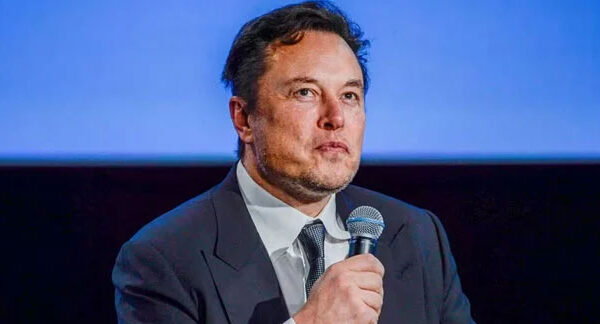The highly anticipated Jeff Bezos Rocket Launch was poised to be a significant milestone for Blue Origin. Early Monday morning, the New Glenn rocket was ready to lift off from Cape Canaveral Space Force Station in Florida.
This mission aimed to showcase Blue Origin’s capability to compete with Elon Musk’s SpaceX in the satellite launch sector. However, just minutes before liftoff, the launch was postponed due to a “vehicle subsystem issue.”
Decade-Long Effort Behind the New Glenn Rocket
Blue Origin’s New Glenn rocket represents the culmination of a decade-long, multi-billion-dollar initiative. Towering at an impressive 320 feet, it is more than twice the height of SpaceX’s Falcon 9.
Named after astronaut John Glenn, the first American to orbit Earth, this rocket signifies a major advancement in reusable space technology.
Monday’s launch was meant to demonstrate the rocket’s capabilities, including the ambitious goal of landing its first-stage booster on a sea-faring barge in the Atlantic Ocean. If successful, this maneuver would enable the booster to be reused for future missions.
Challenges During the Jeff Bezos Rocket Launch Countdown
The countdown commenced as scheduled, with the rocket filled with methane and liquid oxygen propellants. Initially set for 1 a.m. local time, the launch encountered several delays due to unspecified technical issues.
By 2:20 a.m., Blue Origin confirmed that teams were looking into “a few anomalies.” Despite extending the countdown multiple times, the mission team ultimately ran out of time.
At 8:14 a.m. GMT, the company announced on social media that the launch had been postponed to “troubleshoot a vehicle subsystem issue.” The decision was made to drain the fuel and reschedule the attempt.
Key Goals of the Mission
Blue Origin established clear priorities for this test flight. The main goal was to safely reach orbit, with landing the booster considered “icing on the cake.” A successful mission would validate years of thorough testing and set the stage for commercial satellite launches.
Inside the rocket’s payload bay was a prototype of Blue Origin’s Blue Ring vehicle. This agile spacecraft is intended for satellite servicing and national security missions. The company aims to market this technology to the Pentagon and other commercial clients.
Jeff Bezos Rocket Launch and the Space Race
The Jeff Bezos Rocket Launch represents a crucial step in Blue Origin’s effort to compete with Elon Musk’s SpaceX. While SpaceX has perfected reusable rocket technology with its Falcon 9 and Starship programs, Blue Origin seeks to demonstrate its capabilities with the New Glenn.
This launch would have been a significant milestone for Blue Origin, which has encountered delays and challenges over the years. Bezos himself recognized the risks, stating in a pre-launch interview, “Clearly on a first flight, you could have an anomaly at any mission phase, so anything could happen.”
What’s Next for Blue Origin?
Although Monday’s postponement is a setback, it is not unusual in the space industry. Experts point out that even minor issues can delay a launch to ensure safety. Blue Origin has yet to announce a new launch date, but Bezos remains hopeful, saying, “We’re going to pick ourselves up and keep going.”
For now, the focus is on addressing the technical issues and preparing for the next launch window. As the space race intensifies, the competition between Blue Origin and SpaceX is expected to drive innovation and expand the frontiers of space exploration.








